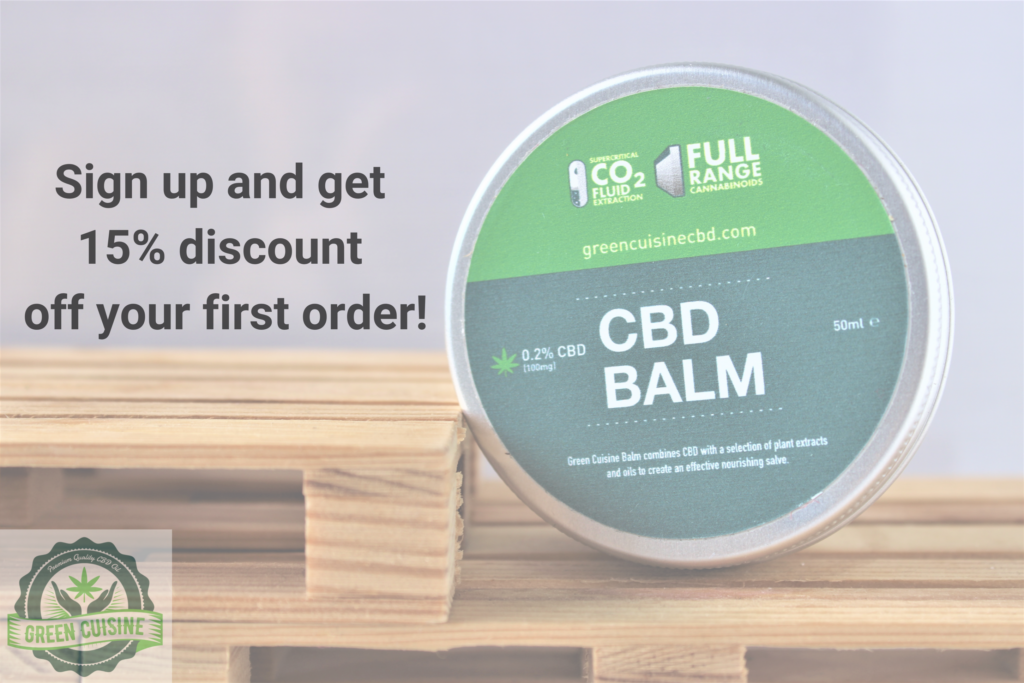
Is CBD oil legal? That, of course, depends on where you live. Fortunately, CBD is legal in most developed nations, like Canada, the United States, and most European countries.
However, rules and regulations vary depending on where you are. And there are cross-border trade issues as well. For example, despite Washington State and the province of British Columbia having legal CBD, one cannot legally cross the US-Canadian border with CBD products.
This blog post will examine which countries CBD oil is legal and compare the rules to other jurisdictions. We also have to ask ourselves how CBD became illegal. CBD is known to treat inflammation, insomnia, and seizures, among other ailments.
It has an anti-anxiety effect and, in large doses, can reserve symptoms of depression. So why do we even have to ask, “Is CBD oil legal?” Isn’t that like asking if carrots are legal? Or if coconut oil is legal? What justification could there be for making CBD illegal?
But before answering that question, let’s quickly discuss CBD oil.
What is CBD Oil?

CBD is short for cannabidiol – one of many compounds found in the cannabis plant. CBD is also prevalent in the hemp plant. Unlike Tetrahydrocannabinol (THC), the compound that gets you stoned or high, CBD will not have a prominent psychoactive effect. People can take CBD as a supplement and go about their day without feeling under the influence of something. CBD acts on our endocannabinoid system to manage pain and regulate stress, appetite, and immune function.
CBD oil is what it sounds like: oil consisting of CBD extracted from the cannabis or hemp plant. At Green Cuisine CBD, we extract our CBD from organic hemp grown in the sub-alpine regions of Slovenia. Because we use hemp, we can ensure that our products have virtually no THC. We also use CO2 extraction to isolate cannabinoids safely and efficiently.
By isolating cannabidiol, we can provide quality CBD oil in the form of drops. But there are also powders, drinks, balms, vapes, and teas. You can also always smoke the herb or the hash derivative if you’re looking for a rapid onset of its effects.
Brief History of CBD
Isolated in 1940, we don’t have a clear picture of how people used cannabis or hemp for medicinal purposes before discovering CBD.
For example, as early as 2727 BC Emperor Sheng Neng of China is said to have used cannabis-based tea to cure his ailments. But was he using a THC-dominant strain or a non-psychoactive CBD equivalent? Maybe his cannabis tea was high in CBG, one of the many other beneficial cannabis compounds.
Queen Victoria was said to have used cannabis in the 19th century to relieve menstrual pain.
Hemp has a long history of industrial uses, but it also has been used in traditional medicine. Distinguishing CBD-hemp and THC-cannabis in the historical record gets harder the further we go back. But it’s clear people have been using medicinal cannabinoids for a long time. Even though we didn’t understand how exactly hemp and cannabis were curing us of our ailments until recently.
Is CBD Oil Legal in the US?

Unfortunately, in the United States, cannabis and hemp have long been victims of racist legislation. In the 1920s, various American states began banning the herb based on a negative association with minority populations. Back then, there was no distinction between THC-dominant cannabis and CBD hemp.
By the time of the Marijuana Tax Act of 1937, hemp and cannabis were inseparable in the minds of the public and politicians. This act heavily taxed hemp, leading to the bankruptcy of many hemp businesses.
Later, in the 1970s, the US government allowed researchers to study the plant and consider medical applications. However, with the Controlled Substances Act of 1970, hemp (CBD oil) was considered a Schedule 1 drug.
The US wouldn’t allow legal hemp back into the country until 1998, when it legalized imports from Canada. The Agriculture Improvement Act of 2018 (2018 Farm Bill) legalized domestic hemp production, distribution, and every other cannabis and hemp compound except THC.
Before 2018, however, many states, like California, ignored federal laws and legalized all the compounds of cannabis and hemp.
But as of 2018, the federal government has legalized CBD oil in the United States.
Is CBD Oil Legal in Europe?
Europe consists of many countries with different CBD oil rules and regulations. For the most part, CBD is legal in European countries. In the European Union and the United Kingdom, legal CBD cannot contain more than 0.2% of THC.
However, EU and UK regulators consider many CBD products to be in the “novel food” category. “Novel foods” are foods people didn’t regularly consume before May 1997. It also includes new ways of producing or deriving substances from food and using them in new, novel ways. Since CBD falls into this category, it adds layers of regulatory complexity for companies trying to sell their CBD products.
Purchasing CBD oil in Europe doesn’t require doctor prescriptions or a provable health ailment. A healthy adult can buy CBD oil in most of Europe. But this depends on where you are. Norway and Portugal are the outliers, requiring medical prescriptions. Until recently, Denmark required a doctor’s prescription. Buying or importing CBD for your pet is also illegal in Denmark.
France only allows CBD products with zero THC, while Austria and Luxembourg allow CBD products with a THC content of up to 0.3%. Switzerland goes further, with authorities permitting CBD with a THC content of up to 1%.
In places like Italy, the laws are less clear. Like Germany and the UK, Italian lawmakers consider CBD oil legal even if it contains trace amounts of THC. But a 2019 Supreme Court ruling said cannabis products are illegal if they contain “narcotic effects.” Since then, the correct definition of “narcotic effects” has left Italians scratching their heads.
Are full-spectrum CBD products with trace amounts of THC illegal or not?
Spain is in a similar situation. Topical CBD products are legal, but anything considered food, such as CBD oil is technically illegal. However, this doesn’t seem to be enforced, as CBD oil is easily found all over the country.
CBD is illegal in Slovakia and Lithuania.
Is CBD Oil Legal Online?

Is CBD oil legal online even when your country has prohibited it? It’s possible, but one should exercise extreme caution as it can get you in a lot of trouble.
If illegal, then sending CBD oil through the mail is considered drug trafficking. Not only could you, the buyer, get in trouble, but the sender could be extradited depending on the severity of the charge. In most cases, authorities will seize the product at the border without criminal charges. But that also depends on how serious your country takes the drug war. As a general rule, you shouldn’t order CBD online if it’s illegal in your country.
Sometimes, CBD will be legal online but not in person. For example, citizens can buy CBD oil online in European grey areas like Finland. But they cannot open a brick-and-mortar store selling it. In Norway, you can buy CBD isolates online, but you need a doctor’s prescription for full-spectrum products.
Conclusion
The answer to the question, “Is CBD Oil Legal?” will depend on where you live. CBD products are legal in many areas, but only if the THC content remains negligible. Some places, like California or Canada, have very open CBD markets, complete with online sales and brick-and-mortar shops. In European countries, retail outlets vary, but one can legally purchase CBD online.
Besides the Canadians, who have clear above-the-board cannabis rules regarding growing, buying, and selling CBD, most places are in a legal grey area. The legal complications aren’t isolated to European countries, either. In the US, despite the 2018 Farm Bill, individual states have adopted different regulations regarding CBD oil. Places like Nebraska are far more strict than Colorado.
But with increased recognition of CBD’s benefits, more countries are opening up and changing their perspectives. However, it would help if you kept your country’s laws in mind when purchasing CBD products online.





